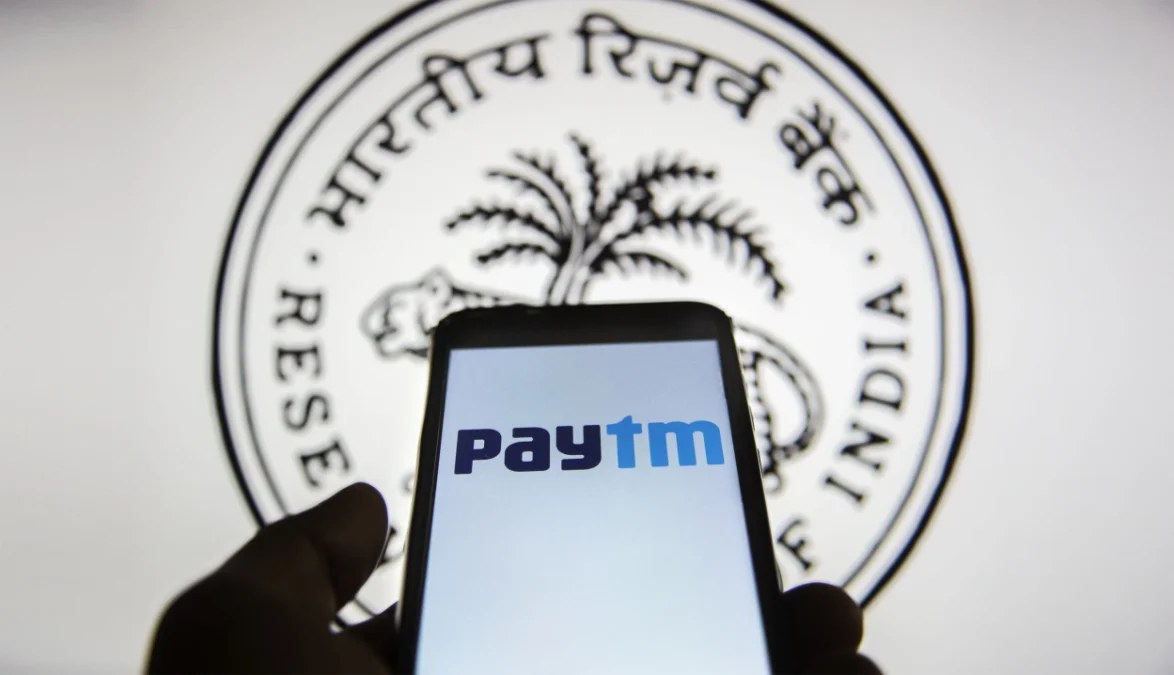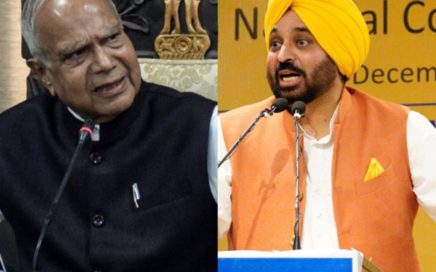 The Reserve Bank of India (RBI) has taken stringent action against Paytm Payments Bank Limited (PPBL) due to the rising cases of money laundering and suspicious transactions associated with Paytm wallet. RBI has directed PPBL not to accept deposits or top-ups in any customer accounts, prepaid instruments, wallets, and Fastags after February 29, 2024.
The Reserve Bank of India (RBI) has taken stringent action against Paytm Payments Bank Limited (PPBL) due to the rising cases of money laundering and suspicious transactions associated with Paytm wallet. RBI has directed PPBL not to accept deposits or top-ups in any customer accounts, prepaid instruments, wallets, and Fastags after February 29, 2024.
Suspicious Transactions and Scrutiny
Sources indicate that PPBL had numerous non-compliant accounts, with instances of using the same PAN for opening multiple accounts in thousands of cases. Unusually large numbers of inactive accounts are also raising concerns about potential misuse for fraudulent transactions. In response to these challenges, RBI has imposed restrictions on various activities of PPBL, placing an embargo on most transactions, including deposit acceptance.
Recommendations from Trade Confederation
The Confederation of All India Traders (CAIT) has advised businesses to shift away from Paytm for their financial transactions and move to alternative platforms. CAIT suggests that, given the recent restrictions imposed by the Reserve Bank, businesses across the country should consider using other platforms for the safety of their finances.
Impact on Users: Caution from CAIT
CAIT’s National Secretary, Praveen Khandelwal, has expressed concerns about the potential financial difficulties that could arise for a significant number of small businesses, vendors, hawkers, and women who are actively engaged in transactions through Paytm. The apprehension stems from worries about money laundering and the large volume of questionable transactions between the popular wallet Paytm and its less-discussed banking unit.
RBI’s Directive and Current Statu
In light of the regulatory actions, the Reserve Bank has temporarily halted most activities of Paytm Payments Bank, including accepting deposits. The situation has triggered a broader conversation about the security of funds and the necessity for businesses and users to explore alternative platforms. Paytm and RBI are expected to work closely to address the identified issues and bring the platform back into compliance with regulatory standards.

















